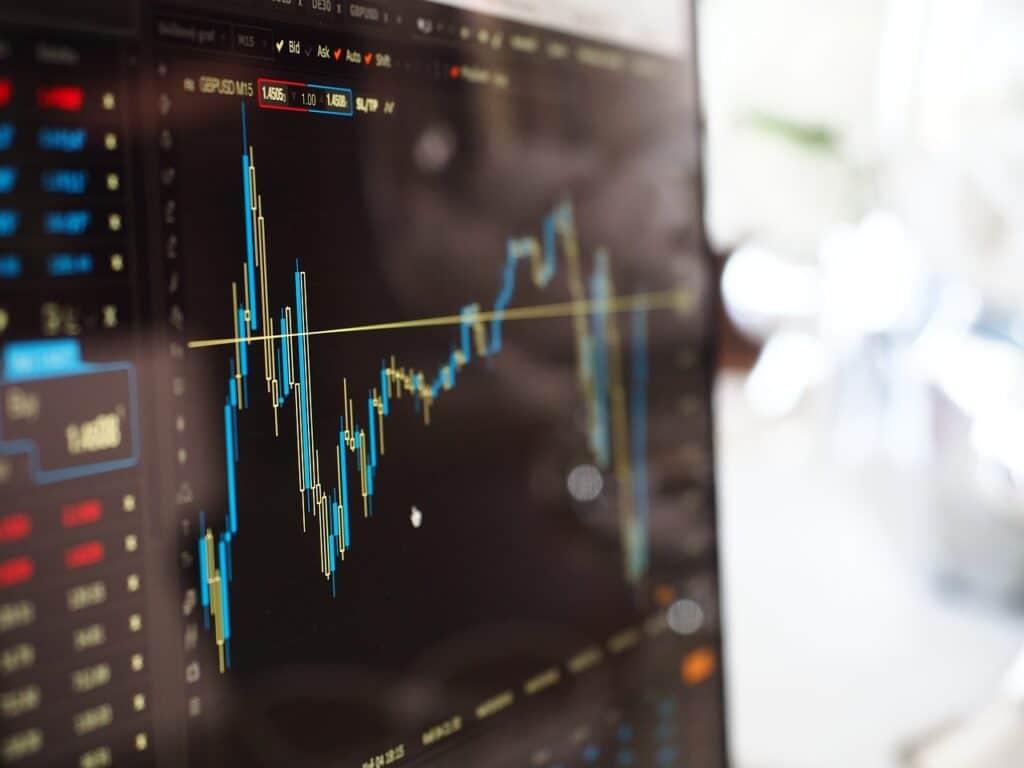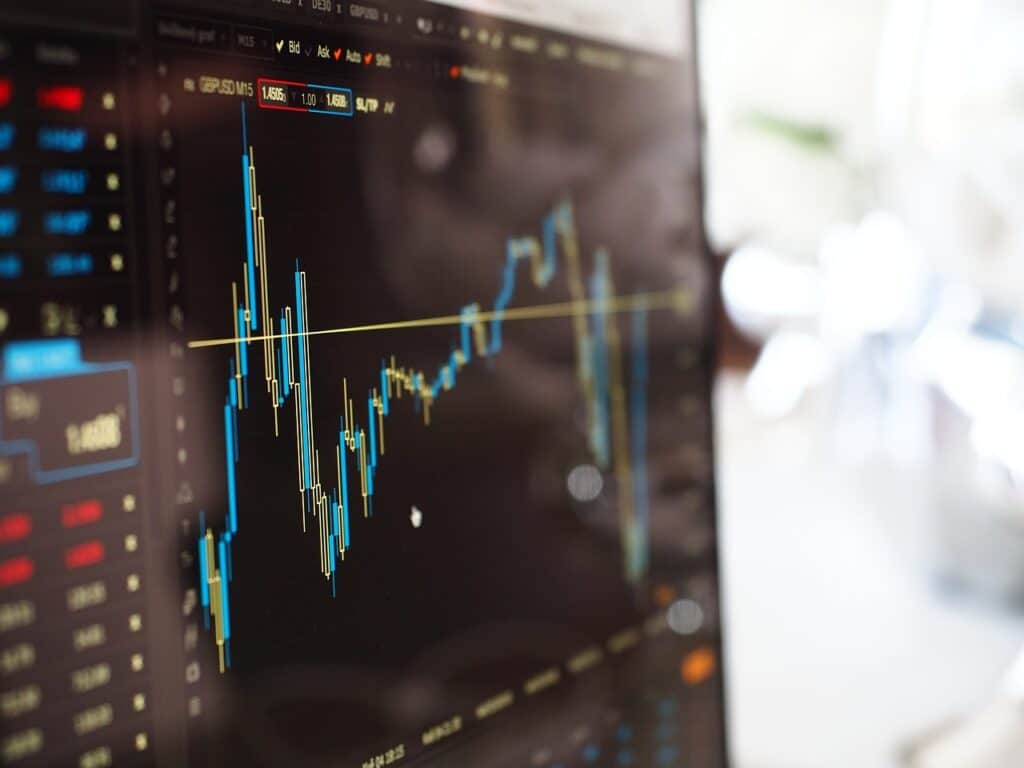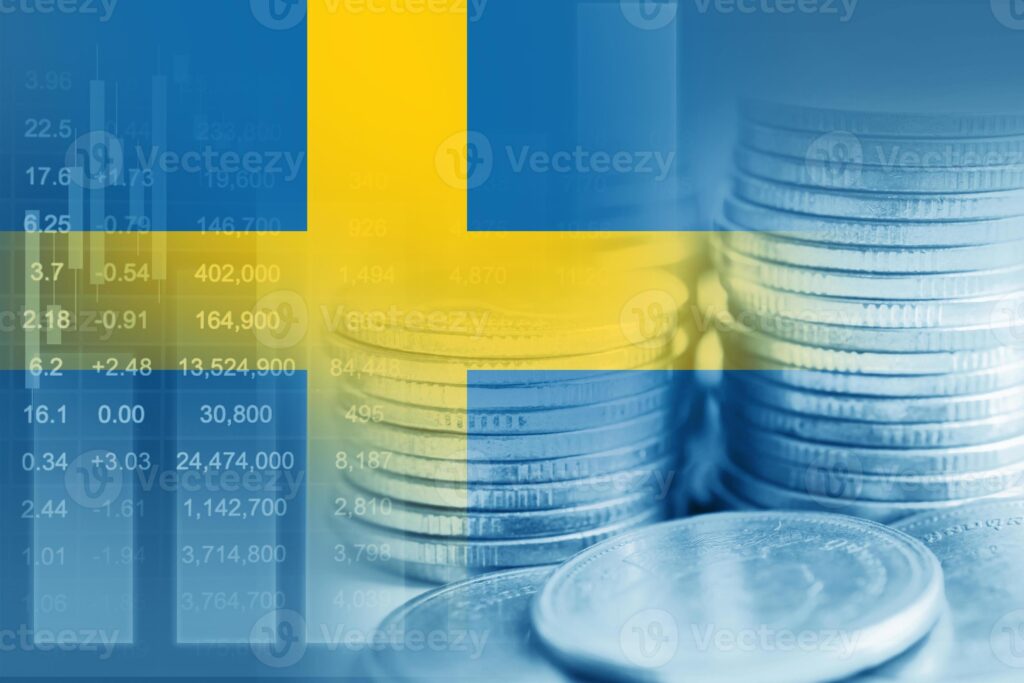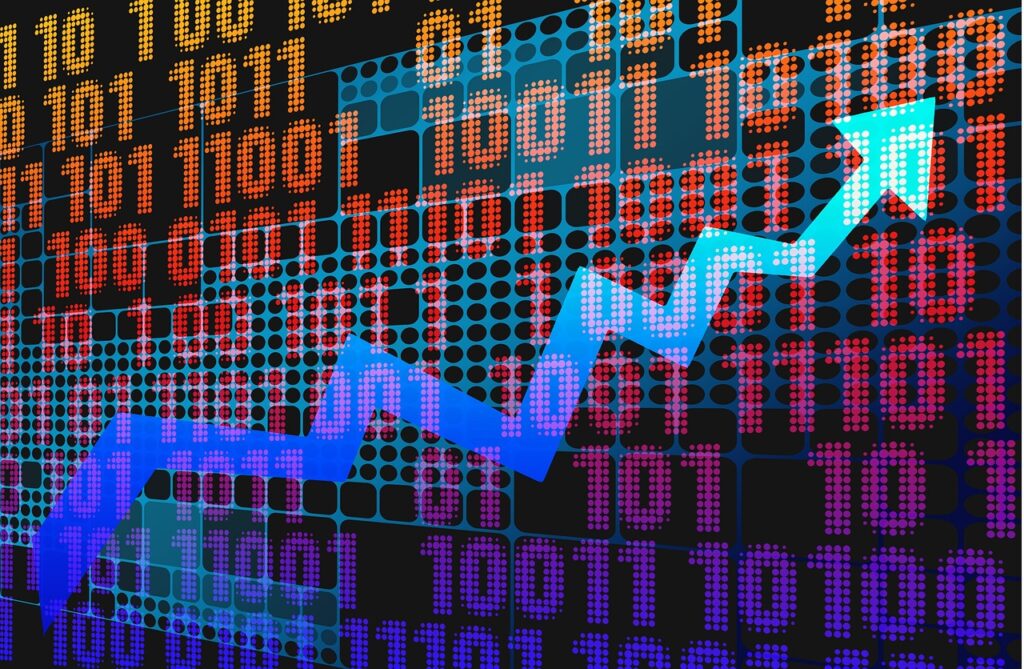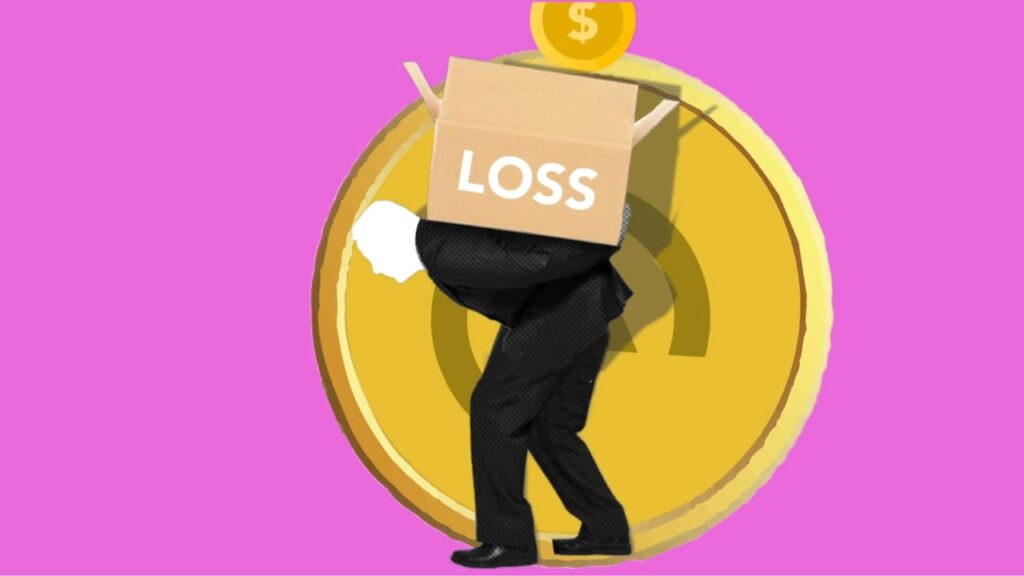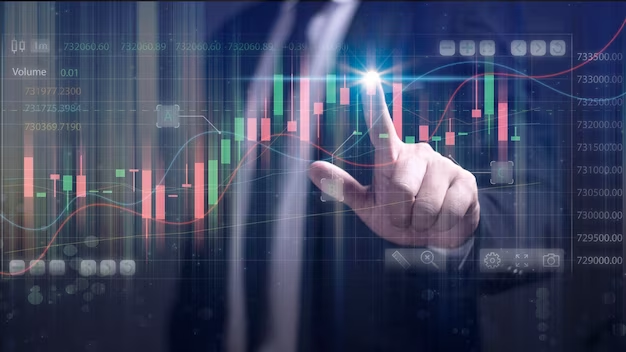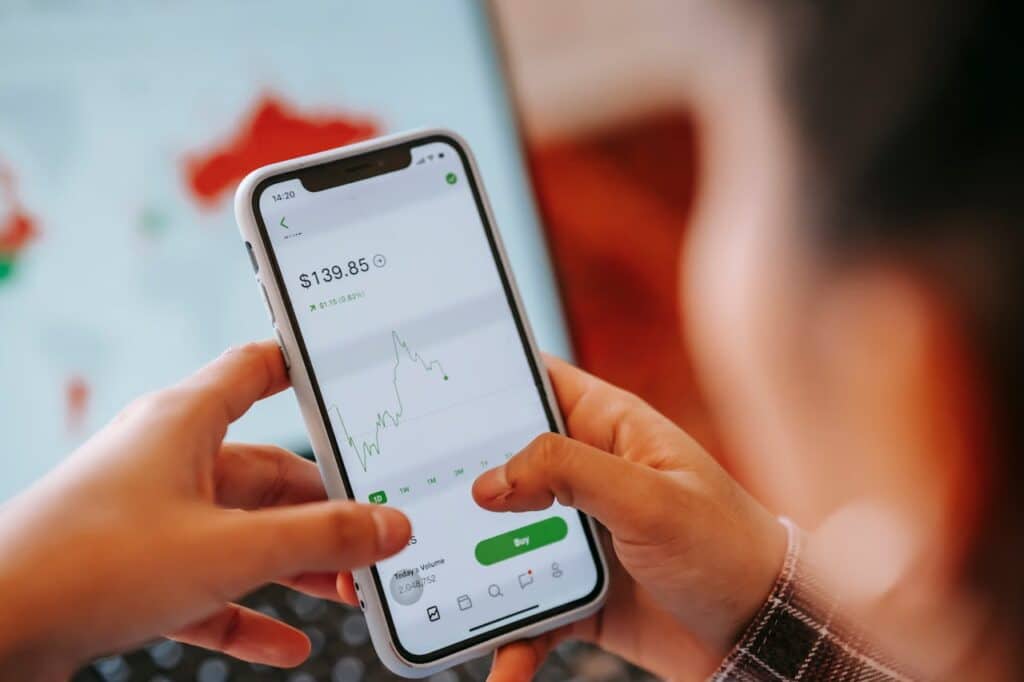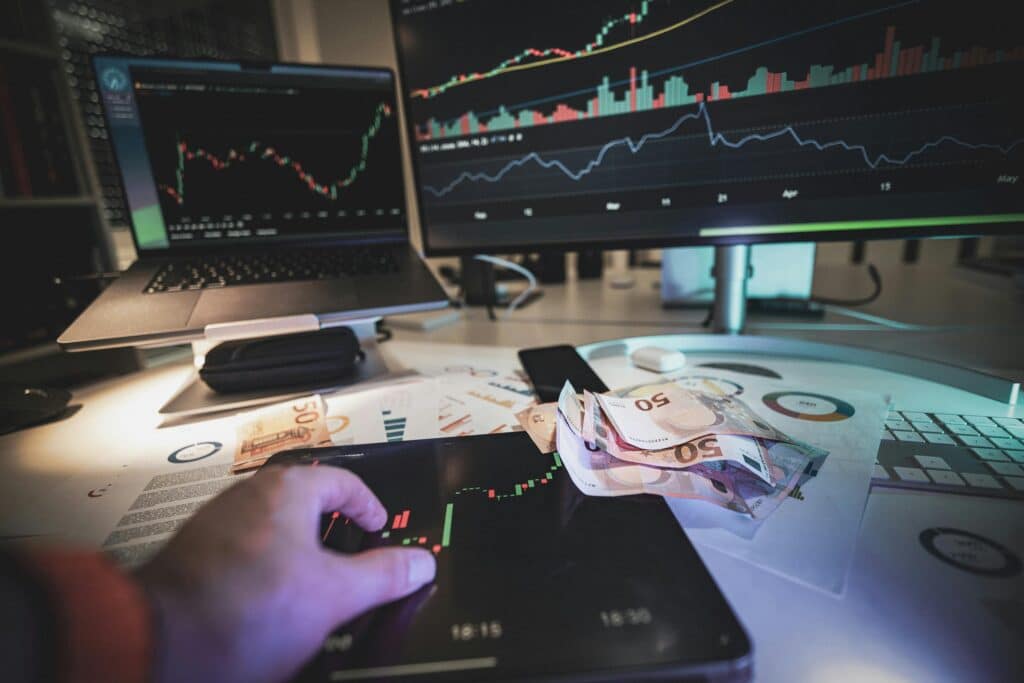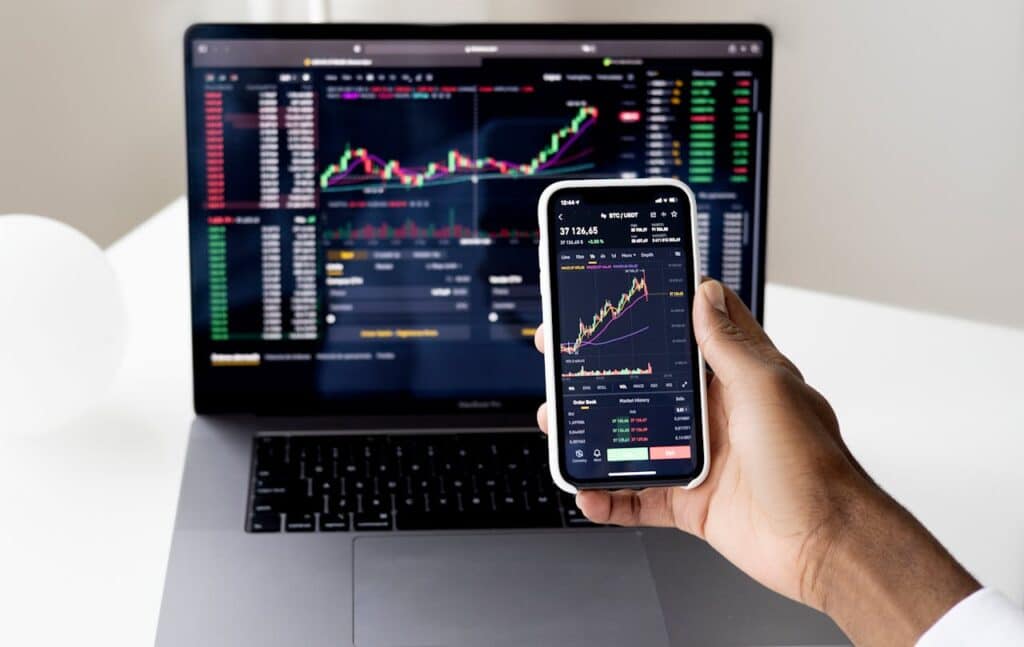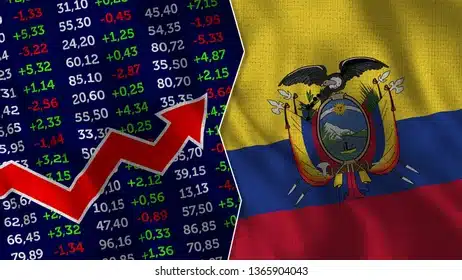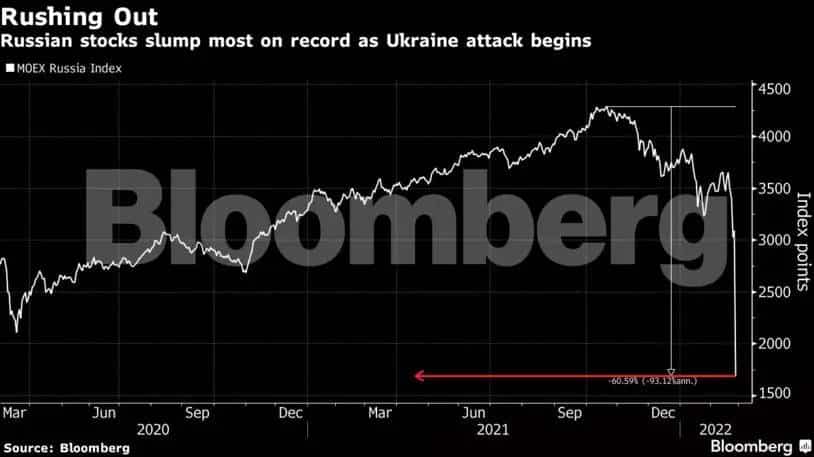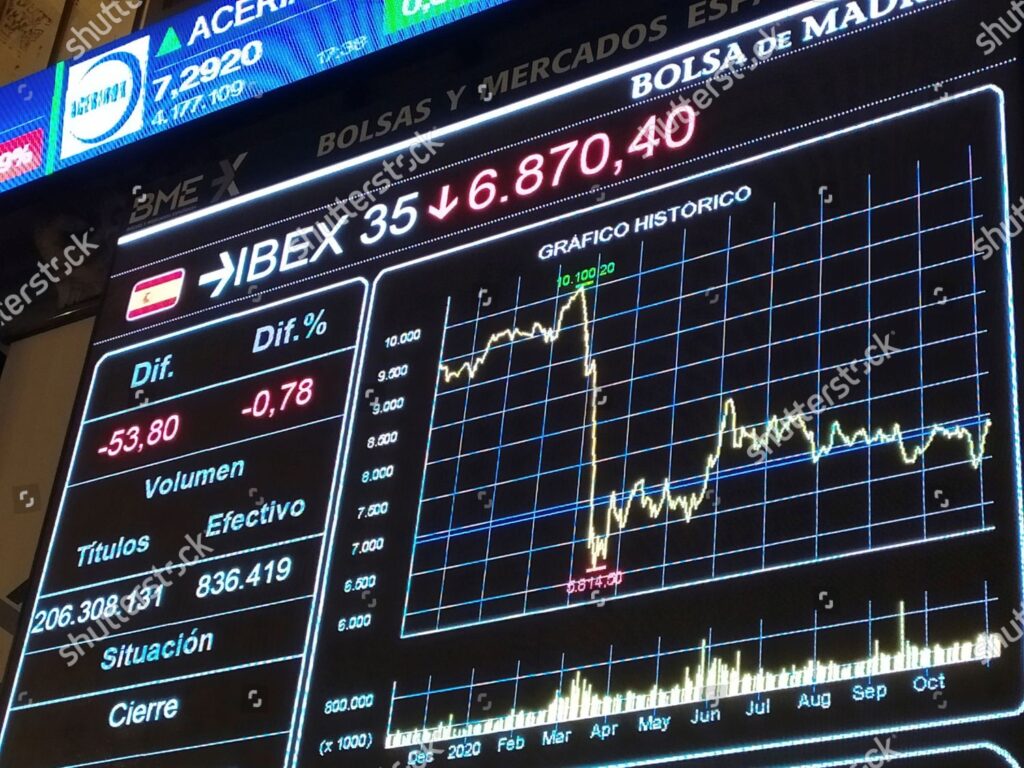The EGX has continued to evolve, embracing technological advancements and implementing regulatory reforms to enhance transparency and efficiency. In 2002, the exchange introduced electronic trading, replacing the traditional open-outcry system and paving the way for increased liquidity and accessibility.
Understanding the EGX indices – EGX 30, EGX 100, EGX 70, EGX 50
The EGX utilizes several key indices to track the performance of the Egyptian stock market. These indices provide valuable insights into the overall market trends and the performance of specific sectors.
- EGX 30 Index: The EGX 30 is the benchmark index of the EGX, tracking the 30 most liquid and actively traded companies listed on the exchange. It serves as a barometer for the overall market performance.
- EGX 100 Index: The EGX 100 Index includes the 100 largest and most liquid companies traded on the EGX, providing a broader representation of the Egyptian stock market.
- EGX 70 Index: The EGX 70 Index tracks the performance of the 70 companies that are not part of the EGX 30 Index, offering insights into the mid-cap and small-cap segments of the market.
- EGX 50 Index: The EGX 50 Index is a weighted index that focuses on the 50 most actively traded companies on the EGX, providing a more targeted view of the market’s performance.
These indices play a crucial role in monitoring the health and dynamics of the Egyptian stock market, enabling investors and analysts to make informed decisions.
The EGX also plays a significant role in attracting foreign investment, as it provides international investors with access to the Egyptian market and opportunities to diversify their portfolios. The influx of foreign capital can contribute to the modernization of the Egyptian economy and the transfer of technological and managerial expertise.
Moreover, the EGX serves as a barometer for the country’s economic performance, reflecting the confidence and sentiment of both domestic and international investors. The performance of the EGX indices is closely monitored by policymakers, economists, and market participants, as it provides valuable insights into the overall health and direction of the Egyptian economy.
Egyptian securities and the trading process in the EGX
The EGX offers a wide range of securities for investors to trade, including stocks, bonds, and other financial instruments. The trading process on the EGX is governed by a set of rules and regulations to ensure fairness, transparency, and efficiency.
Investors can access the EGX through licensed Egyptian stock brokers, who facilitate the buying and selling of securities on behalf of their clients. The trading on the EGX takes place during designated trading hours, with the exchange operating from Sunday to Thursday.
The trading process involves the matching of buy and sell orders, with the exchange’s electronic trading system ensuring the seamless execution of transactions. The EGX also has mechanisms in place to manage market volatility, such as trading halts and price fluctuation limits, to protect the integrity of the market.
Public offering and Initial Public Offering (IPO) in Egypt
The EGX plays a crucial role in facilitating public offerings and Initial Public Offerings (IPOs) in Egypt. These processes allow companies to raise capital by selling a portion of their shares to the public, providing them with the necessary funds for growth and expansion.
The EGX has established a robust regulatory framework to govern the public offering and IPO process, ensuring transparency and investor protection. Companies seeking to go public must comply with the exchange’s listing requirements and undergo a thorough review process before being approved for trading.
The EGX has witnessed a steady stream of IPOs in recent years, as both domestic and international companies recognize the benefits of accessing the Egyptian capital market. These public offerings have contributed to the diversification of the EGX’s listed companies and the overall growth of the Egyptian stock market.
Listed companies in the EGX and their market capitalization
The EGX is home to a diverse array of listed companies, spanning various sectors of the Egyptian economy. As of [current date], the exchange boasts a total of [number] listed companies, with a combined market capitalization of [market capitalization value].
The companies listed on the EGX range from large-cap conglomerates to small-and-medium-sized enterprises, representing a wide spectrum of industries, including banking, telecommunications, real estate, manufacturing, and more. The market capitalization of these companies varies significantly, reflecting the diverse nature of the Egyptian stock market.
This diverse representation of listed companies on the EGX underscores the exchange’s role in facilitating the growth and development of the Egyptian economy.
Egyptian stock brokers and their role in the EGX
The Egyptian stock market relies on a network of licensed stock brokers to facilitate the trading of securities on the EGX. These brokers play a crucial role in connecting investors with the market, providing a range of services, including:
- Executing buy and sell orders on behalf of clients
- Providing investment advice and research
- Offering access to trading platforms and online trading tools
- Ensuring compliance with regulatory requirements
- Handling the settlement and clearing of transactions
Egyptian stock brokers are regulated by the Egyptian Financial Supervisory Authority (EFSA), which sets the guidelines and standards for their operations. Brokers must obtain the necessary licenses and adhere to strict guidelines to ensure the integrity and fairness of the market.
The presence of a robust and well-regulated brokerage industry is essential for the smooth functioning of the EGX, as it provides investors with the necessary infrastructure and support to participate in the Egyptian stock market.
Egyptian financial regulations and the role of the Egyptian Financial Supervisory Authority (EFSA)
The EGX operates within a comprehensive regulatory framework overseen by the Egyptian Financial Supervisory Authority (EFSA). EFSA is the primary regulatory body responsible for ensuring the stability, transparency, and integrity of the Egyptian financial sector, including the stock market.
EFSA’s key responsibilities include:
- Issuing and enforcing regulations governing the EGX and its participants
- Monitoring and supervising the activities of listed companies, brokers, and other market intermediaries
- Protecting the rights of investors and promoting fair and equitable trading practices
- Approving the listing of securities and the public offering of shares
- Investigating and addressing any instances of market manipulation or insider trading
The robust regulatory framework established by EFSA has been instrumental in strengthening the EGX’s reputation and attracting both domestic and international investors. By maintaining high standards of corporate governance and investor protection, EFSA plays a vital role in fostering confidence in the Egyptian capital market.
Investment opportunities in the Egyptian stock market
The Egyptian stock market presents a diverse range of investment opportunities for both domestic and international investors. The EGX offers exposure to a wide array of sectors, including banking, telecommunications, real estate, consumer goods, and more, providing investors with the ability to diversify their portfolios.
One of the key attractions of the Egyptian stock market is the potential for capital appreciation. The EGX has witnessed periods of strong performance, with the benchmark EGX 30 Index delivering impressive returns in recent years. This, coupled with the country’s economic growth and ongoing reforms, has made the Egyptian stock market an attractive destination for investors seeking long-term growth.
Moreover, the EGX offers opportunities for dividend income, as many listed companies have a history of paying regular dividends to their shareholders. This can be particularly appealing for investors seeking a steady stream of income alongside the potential for capital gains.
Foreign investment in the EGX and its impact on the Egyptian economy
The EGX has been successful in attracting foreign investment, which has played a crucial role in the development and growth of the Egyptian stock market. Foreign investors, drawn by the country’s economic potential and the attractive investment opportunities, have become an integral part of the EGX’s investor base.
The influx of foreign capital has had a positive impact on the Egyptian economy in several ways:
- Increased liquidity: Foreign investment has contributed to the enhanced liquidity of the EGX, enabling more efficient price discovery and facilitating the smooth execution of transactions.
- Transfer of expertise: The presence of foreign investors has brought with it a wealth of expertise, knowledge, and best practices, which have helped to modernize the Egyptian capital market and improve its overall efficiency.
- Diversification of the investor base: The participation of foreign investors has diversified the EGX’s investor base, reducing the reliance on domestic investors and enhancing the market’s resilience to local shocks.
- Economic growth and development: The foreign capital inflows have supported the financing of Egyptian companies, enabling them to expand, innovate, and create new employment opportunities, ultimately contributing to the country’s economic growth and development.
As the EGX continues to attract foreign investment, it will play an increasingly crucial role in integrating the Egyptian economy with the global financial system, fostering greater economic integration and prosperity.
The potential of the EGX and its future prospects
The EGX possesses significant potential for growth and development, with various factors pointing to a promising future for the Egyptian stock market.
- Economic reforms and growth: The Egyptian government’s ongoing economic reforms, including measures to enhance the business environment, attract foreign investment, and promote private sector development, are expected to provide a favorable backdrop for the EGX’s continued growth.
- Demographic dividends: Egypt’s large and youthful population, coupled with the country’s rising middle class, presents a vast pool of potential investors and savers, who can drive the expansion of the stock market.
- Technological advancements: The EGX’s embrace of technological innovations, such as the introduction of online trading platforms and the implementation of electronic trading systems, has enhanced the accessibility and efficiency of the market, paving the way for increased participation and liquidity.
- Regulatory enhancements: The continued efforts of the Egyptian Financial Supervisory Authority (EFSA) to strengthen the regulatory framework, improve corporate governance, and enhance investor protection are expected to bolster confidence in the EGX and attract both domestic and international investors.
- Sectoral diversification: The EGX’s ability to list companies from a diverse range of industries, including emerging sectors like renewable energy and technology, can further diversify the investment options available to investors and contribute to the market’s long-term resilience.
As the EGX continues to evolve and adapt to the changing economic landscape, it is poised to play an increasingly pivotal role in the Egyptian economy, driving investment, innovation, and sustainable growth.
The significance of the EGX for the Egyptian economy
The Egyptian Stock Exchange (EGX) is a vital component of the country’s economic landscape, serving as a crucial platform for capital formation, investment, and economic growth. The EGX’s significance for the Egyptian economy can be summarized as follows:
- Mobilization of domestic and foreign capital: The EGX provides a channel for both domestic and foreign investors to channel their savings and investments into the Egyptian economy, supporting the financing of businesses and infrastructure development.
- Facilitating corporate growth and expansion: By enabling companies to raise capital through public offerings and IPOs, the EGX helps fuel the growth and expansion of Egyptian businesses, leading to job creation, innovation, and increased productivity.
- Wealth creation and financial inclusion: The EGX offers investment opportunities for a broad range of individuals, from retail investors to institutional investors, contributing to wealth creation and promoting financial inclusion across the Egyptian population.
- Diversification of the Egyptian economy: The EGX’s ability to list companies from a wide range of sectors helps diversify the Egyptian economy, reducing its reliance on any single industry and enhancing its resilience to economic shocks.
- Strengthening corporate governance and transparency: The EGX’s regulatory framework and listing requirements promote higher standards of corporate governance and transparency, which are essential for the long-term sustainability and competitiveness of the Egyptian economy.
- Integration with the global financial system: The EGX’s growing ties with international investors and its increasing integration with global financial markets have helped position Egypt as an attractive destination for foreign capital, fostering greater economic integration and cooperation.
As the EGX continues to evolve and capitalize on the country’s economic potential, it will undoubtedly play an increasingly pivotal role in driving the growth and prosperity of the Egyptian economy. To learn more about the exciting opportunities in the Egyptian stock market, I encourage you to explore the resources available on the Egyptian Stock Exchange website (www.egx.com.eg). There, you can find detailed information on the various indices, listed companies, and the trading process, as well as insights from industry experts. If you’re interested in investing in the EGX, consider consulting with a licensed Egyptian stock broker who can guide you through the process and help you identify the right investment opportunities.



